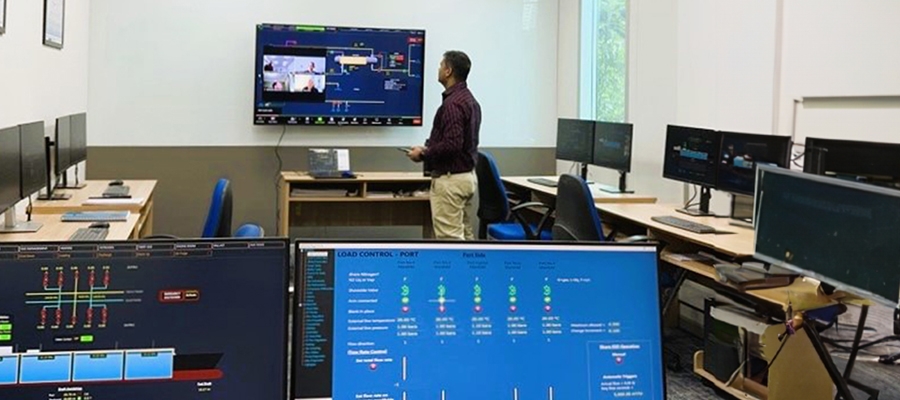In 2023, the updated version of the Ship Inspection Report Programme, SIRE 2.0, was introduced. It places increased emphasis on human factors and crew training requirements mandating special training courses aligned with IMO model standards.
“This means that more crew members will be interviewed and assessed during an inspection,” says Capt. Gurpreet Singh Ahluwalia, BSM’s General Manager for Training and Development. “Ship operators have to review their training needs to ensure that their crews meet these new requirements and understand the importance of their role in the inspection process,” he continues.
Following the introduction of SIRE 2.0, BSM adapted and repackaged its seafarer training curriculum: “We developed a series of courses on oil, chemical, LPG and LNG cargo handling that is modelled on IMO standards,” Ahluwalia explains. “The courses provide seafarers with a comprehensive package combining multiple areas including inerting, cooling down, loading, discharging, warming up, gas freeing and last but not the least managing cargo during laden voyages.”











